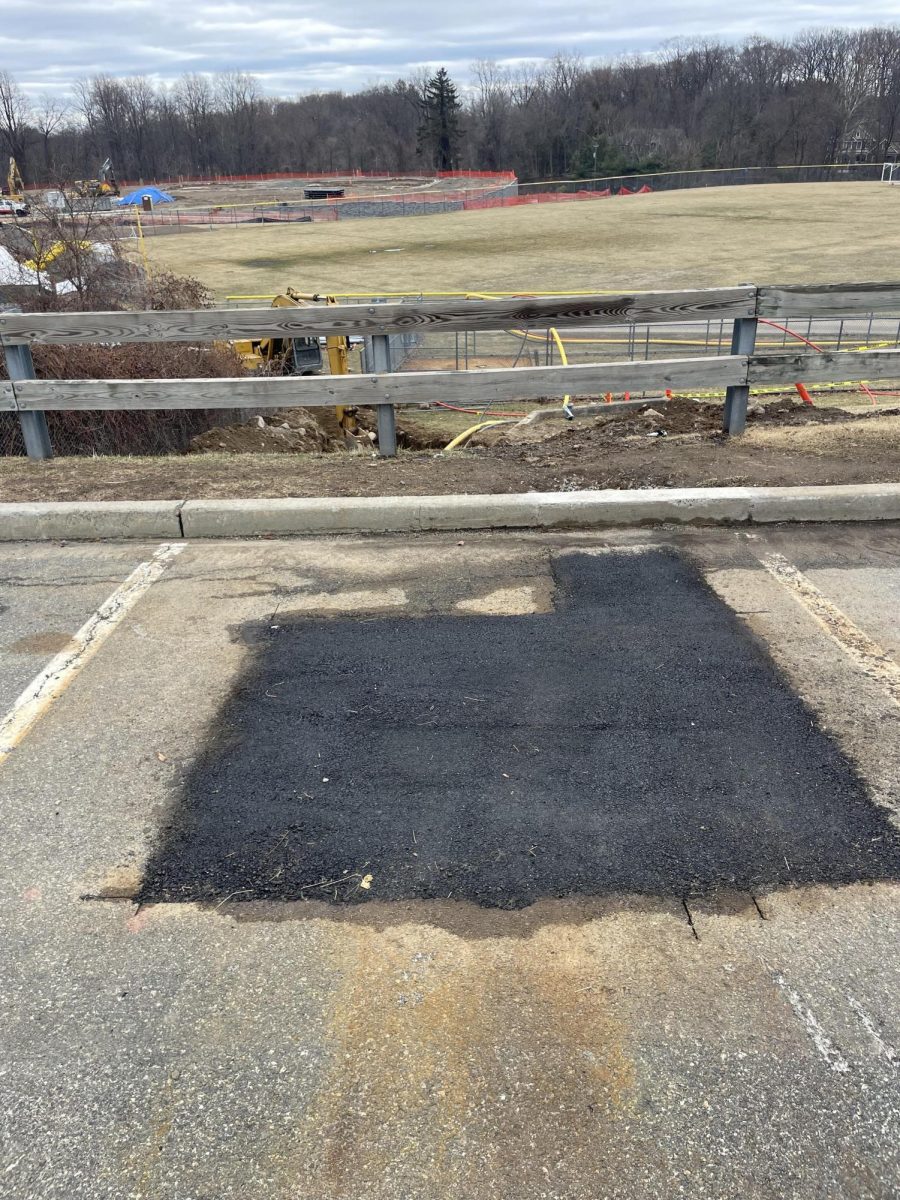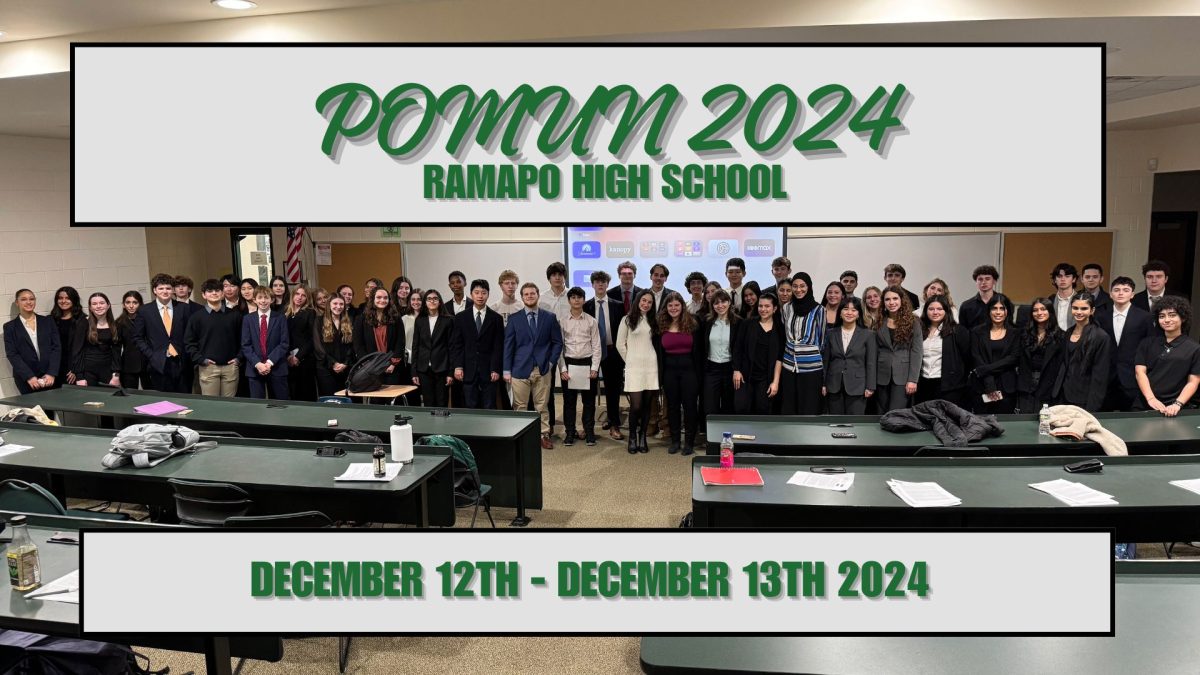Pope Francis altered the history and ways the Catholic church functions. Without his influence, what would the outcome of the conclave be, and what would the church’s future be?
According to Biography, Jorge Mario Bergoglio was born on December 17, 1936 in Flores, Buenos Aires, Argentina. In his early thirties, he became an ordained priest in 1969, serving as the Jesuit provincial of Argentina. He would later serve as a cardinal under Pope John Paul II and Pope Benedict XVI. On March 13, 2013, at the age of 76, Bergoglio was named the 266th pope of the Roman Catholic Church and the first Pope to serve from South America. He selected the name Francis after Saint Francis of Assisi, known for his dedication to peace, poverty, and the environment. Tragically, after being hospitalized various times for his health issues, Pope Francis passed away on Easter Monday of 2025 at the age of 88. During his time as Pope, he changed parts of the church that were extremely controversial, not only within the Catholic faith but also within the Vatican itself.
Female Influence in the Catholic Church
The Catholic faith believes, through the Bible and its teachings, that priesthood or roles in the church in general are reserved for men. During his years in the papacy, Pope Francis worked to include women in all aspects of the church. According to Cameron, “Barbara Jatta was appointed director of the Vatican Museums in 2016, and Sister Nathalie Becquart became the first woman with voting rights in the Synod of Bishops in 2021.” While maintaining the Catholic church’s stance on all male deacons and priests, Pope Francis worked to integrate women into church positions, no longer keeping the topic under the rug.
Pope Francis’s Stance on LGBTQ Marriage
Pope Francis projected a very accepting tone throughout the church, which was dramatically different from his predecessors. In the early years of his reign as Pope, he said in an interview, “If someone is gay and he searches for the Lord and has good will, who am I to judge?” In 2023 and 2024, Pope Francis clarified that transgender individuals can be baptized and serve as godparents, and also permitted Catholic priests to bless same-sex couples.
Addressing Corrupt Banking In the Vatican
The Institute for the Works of Religion, or the Vatican Bank, is an institution that Pope Francis worked to change for the better. The Vatican Bank was allegedly “plagued by money laundering, corruption, and even Mafia connections” (Quiroz-Gutierrez). During his years as Pope, Francis made changes to the bank to ensure there was more transparency in the inner workings of the bank itself. Starting under Pope Benedict XVI, the Vatican in 2013 began releasing annual reports outlining its profit, operational costs, and charitable giving (Quiroz-Gutierrez). He also worked to diminish the power the clergy members had in economic affairs by appointing a trusted French financier, Jean-Baptiste de Franssu, to oversee its banking affairs.
In the words of Massimo Faggioli a prominent church historian and theologian, “he (Pope Francis) is the first pope who really opened Catholicism to its global dimension, meaning less European, less Western, Less North, and more oriented towards the global south, meaning not just Latin America but also Africa, especially Asia.” During Pope Francis’s 12-year papacy, he substantially changed the integrity and thinking of the Roman Catholic Church. As the conclave begins for the election of a new pope, what will the next pope be like? Will the cardinals and electors look for a pope with similar morals and thinking as the predecessor, or will they completely shift the outlook of the church?





